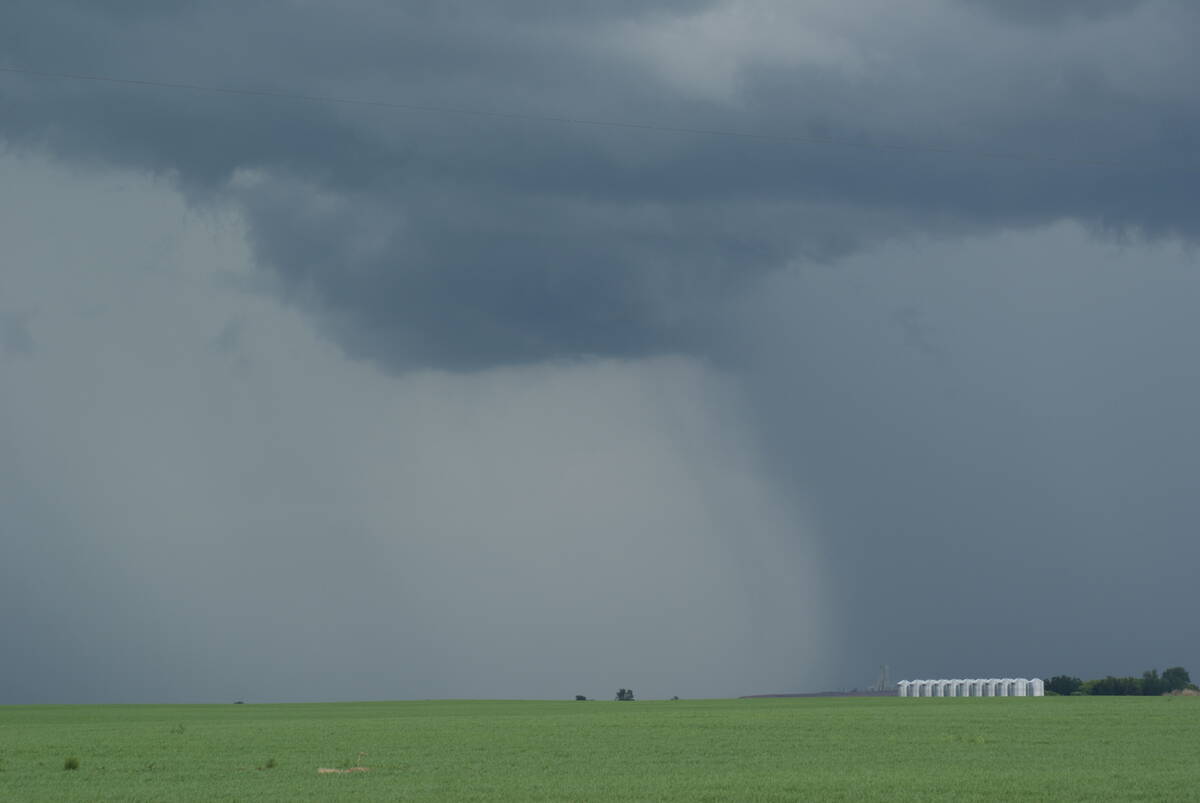Apparently there are people in my town that want to kill me and my friends. That is the allegation at least.
|
_____ Correction _____
A Moral Economy column published on page 7 of our June 15 issue should have read that during the FLQ crisis, the group kidnapped a diplomat (James Cross), who was later released, and killed a politician (Pierre Laporte). Read Also
Canadian farmers need new tools to support on-farm innovationFarmers need a risk management buffer that actually works and investment that drives advancements forward if Canada is to build resilience. |
According to the press, there is quite a lot of evidence to support this charge. I have friends who work on Parliament Hill, family members who work at the CBC, and I am frequently walking in downtown Toronto. These are all places named last week as potential targets of terrorist attacks.
I am used to people in Canada importing conflicts from abroad. People of Irish descent have been supporting different sides of the Irish civil war for ages. More recently it has been eastern Europeans and south Asians. But the terrorist threats against targets in Toronto and Ottawa are not like these others. These threats come from Canadians and are made against Canadians. Their objective is to force political change in Canada’s relations with other nations, more specifically with the United States and Afghanistan.
The last time this happened in Canada was 35 years ago during the FLQ crisis. At that time, an armed group kidnapped a politician and killed a diplomat. They were trying to achieve the political goal of a sovereign and independent Quebec.
The current group of violent Canadian plotters also has a political agenda – the release of Muslim political prisoners and the withdrawal of Canadian troops from Afghanistan. But they also share an Islamic faith. How will we understand this?
The Canadian terrorist suspects seem to be trying to turn their spiritual values into a political reality. They feel their spiritual identity as followers of Islam to be under attack by Canadian military involvement in Afghanistan. According to opinion polls, most Canadians seem unsure about our country’s involvement there. Why do we have more than 2,000 troops there? We seem to be in armed combat yet we are told we are not at war. Are we really trying to support the reconstruction of a war-torn country or are we protecting American economic interests in the Middle East?
Responding to this threat is a challenge in two parts. For all of us, the challenge is to consider how the world’s dominant empire, based on economic globalization, American military interests and western culture, represents a violent threat to other cultures, other interests and other ways of doing business. Westerners tend not to think of themselves as part of an empire. When we do, we certainly don’t think of it in spiritual terms. However, other groups experience their whole way of life and being in the world as under threat. For them, this is a crisis on all fronts.
For those of us who are religious (and especially Muslim), this is also a challenge to articulate the spiritual values we are committed to that are deeply present in our society. These spiritual values include the dignity of every person, the real tolerance of difference and the practice of democratic decision-making. Western culture does offer something good and healthy and whole to the world and this needs defending, even spiritual sanction. However, western imperialism is also real and even demonic. To respond effectively to the threat, we need to uphold the one while we condemn the other.
Christopher Lind writes frequently in the area of
ethics and economics. He is director of the Toronto School of Theology. The opinions expressed in this column are not necessarily those of The Western Producer.














